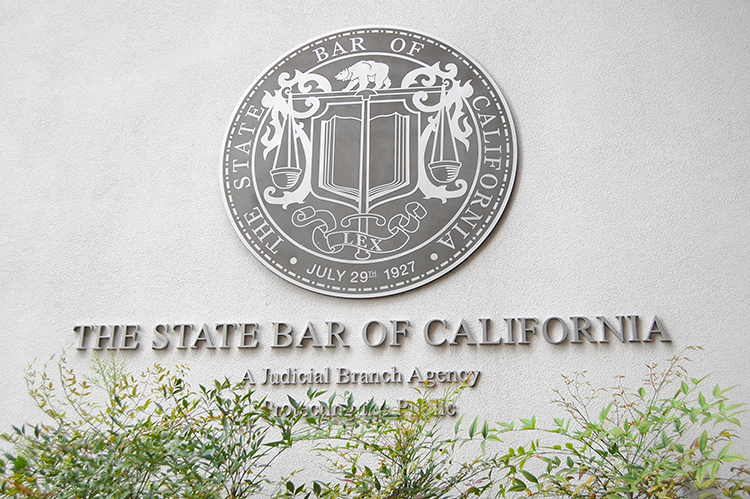Sweeping Accreditation Review May Prompt 'Sea Change' in Law School Evals
For months, the ABA’s law school accrediting body has quietly been working on a comprehensive review of its often-controversial standards governing legal education.
But as word spreads about the scope of the review by the Section of Legal Education and Admissions to the Bar, some new proposals are sure to cause a stir.
So what’s most likely to spark debate?
The most significant change in the Standards for Approval of Law Schools is likely to be a move away from evaluating law schools on the basis of criteria that measure “input”—such things as faculty size, budget and physical plant. Instead, the Legal Education Section would evaluate law schools more heavily on the basis of “outcome” measures.
The essential difference is that outcome measures would focus on what students actually take away from their educational experience at a particular law school rather than what the school teaches, and how, explained E. Christopher Johnson Jr.
Johnson was one of three members of the Accreditation Standards Review Committee of the ABA’s Legal Education Section who gave a status report on the committee’s work at a program held in Chicago on Friday during the 35th ABA National Conference on Professional Responsibility.
Johnson, who directs the graduate program in law and finance at Thomas M. Cooley Law School in Auburn Hills, Mich., and the other committee members participating in the panel said the shift in focus from input measures to outcome measures could have a major effect on how the Legal Education Section evaluates law schools.
“It is a sea change to tell law schools you should focus more on outcomes as measures,” said committee member Steven C. Bahls, the president of Augustana College in Rock Island, Ill. He chairs the outcome assessment subcommittee.
The accreditation standards contain a provision providing that they undergo a comprehensive review every five years. The most recent review was initiated in 2003 and completed in 2006. The U.S. Department of Education also urges accrediting agencies to review their standards on a regular basis.
The Department of Education recognizes the Legal Education Section as the official accrediting agency for law schools in the United States. Currently, 200 law schools have been accredited by the section.
Other key issues the Standards Review Committee will look at include “security of position” for law school professors and other teachers, which will encompass the tenure structure. The committee also will consider ways to make the law school accreditation and review process more transparent.
The Legal Education Section’s accreditation standards have come under criticism at times from segments of the law school community and, in a few cases, the Education Department.
Shifting to an emphasis on outcomes rather than input is essentially a done deal, said committee vice chair Margaret Martin Barry, a professor at The Catholic University of America’s Columbus School of Law in Washington, D.C. In an interview with the ABA Journal this week, she explained that a special study committee, backed by the council of the Legal Education Section, urged that the change in emphasis be incorporated into the accreditation standards.
The Standards Review Committee’s schedule calls for the proposed provisions on outcome measures to be drafted by the end of this summer. “That’s the hope,” said Barry, “but it might be ambitious. We’re beginning to move into drafting a few things to see how they look, but this is going to be the hardest nut to crack.”
Changes drafted by the committee are submitted to the section council, which then decides whether to authorize that they be circulated for comment from law schools and other interested parties. Barry said any major proposed revisions to the standards probably won’t be released for comment until at least early 2010.
Speaking on Friday’s panel, Barry and her fellow committee members said the greatest challenge is to determine the best ways to measure outcome. They said bar passage rates of a law school’s graduates will likely be just one measure.
“Knowledge, skills and ethics are the key pillars to a legal education” Johnson said. “The question we’re asking is, does a traditional legal education do the best job on these?”



